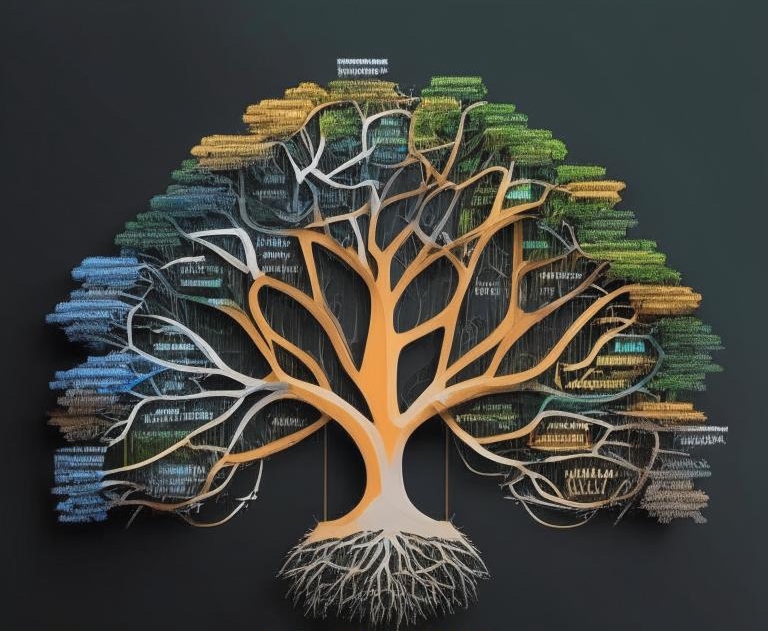Project Management Systems
by Oleg Sovetnik
Project Management Systems
- Project and task managers (e.g., Jira, Asana, Trello): systems for managing teams, tasks, and development processes.
- Resource and time planning systems: tools for managing workloads, project planning, and performance analysis.
Let’s consider project management systems, including project and task managers (such as Jira, Asana, Trello) and resource and time planning systems. These platforms help teams manage projects, plan tasks and resources, track progress, and increase productivity.
Possible sociological theories for conceptualizing project management systems:
- Actor-Network Theory (ANT) (Bruno Latour)
Project management systems are complex networks of interactions between people, tasks, processes, and technologies. According to ANT, project managers and planning systems can be described as networks of actors, where tasks, team members, and management tools interact to create a unified information space.
The Umwelt of such systems describes how tasks, users, planning tools, and metrics interact within a single network. Each participant (person or technology) influences the system, shaping how it “sees” and manages projects, resources, and time.
- Structuration Theory (Anthony Giddens)
In project management systems, the interaction between structures (interfaces and processes) and users’ actions creates a cyclical process. Giddens’ Structuration Theory explains how rules and resources (embedded in systems like Jira or Asana) shape users’ actions while also adapting to them. For example, users adjust to the project’s planning rules, but their actions can also modify these rules.
In this system, the Umwelt includes metrics and interfaces that capture how tasks are distributed, deadlines set, and resources planned. Users’ actions (such as task creation and resource planning) shape the system’s structure, which in turn influences their future actions.
- Interaction Management Theory (Niklas Luhmann)
In project management systems, interactions between the team and technology are crucial. Luhmann’s Interaction Management Theory helps explain how communication between project participants (through tasks, statuses, and reports) creates an organized project management system, where each task and interaction structures the next steps.
The Umwelt describes how the system manages information flows and interactions between project participants. For example, how notifications, statuses, and reports structure interactions, directing team actions and changing project dynamics.
- Institutionalization Theory (Paul DiMaggio and Walter Powell)
Project management systems standardize work processes in teams and organizations, embedding specific methods for planning and tracking. Institutionalization Theory helps explain how these systems establish standards and formal processes, becoming an integral part of organizational structure.
In these systems, the Umwelt reflects how standardized project management processes (such as task creation and tracking, resource planning) are institutionalized within an organization. These systems may adapt to changing norms and rules but retain core operational principles.
For project management systems, Giddens’ Structuration Theory is the most suitable as it allows for analyzing the interaction between structures and actions as an interdependent process. This helps better understand how user actions (such as task planning) and system rules (such as interfaces and metrics) shape workflows and adapt to each other.
projects systems-theory structuration-theory institutionalization-theory actor-network theory
